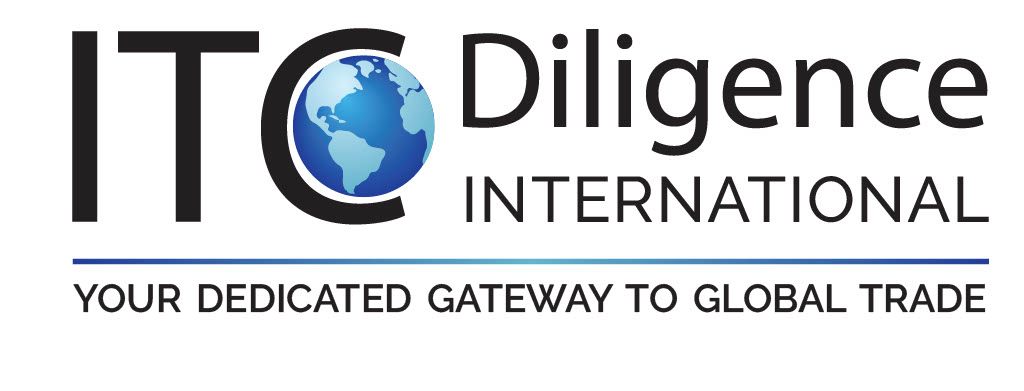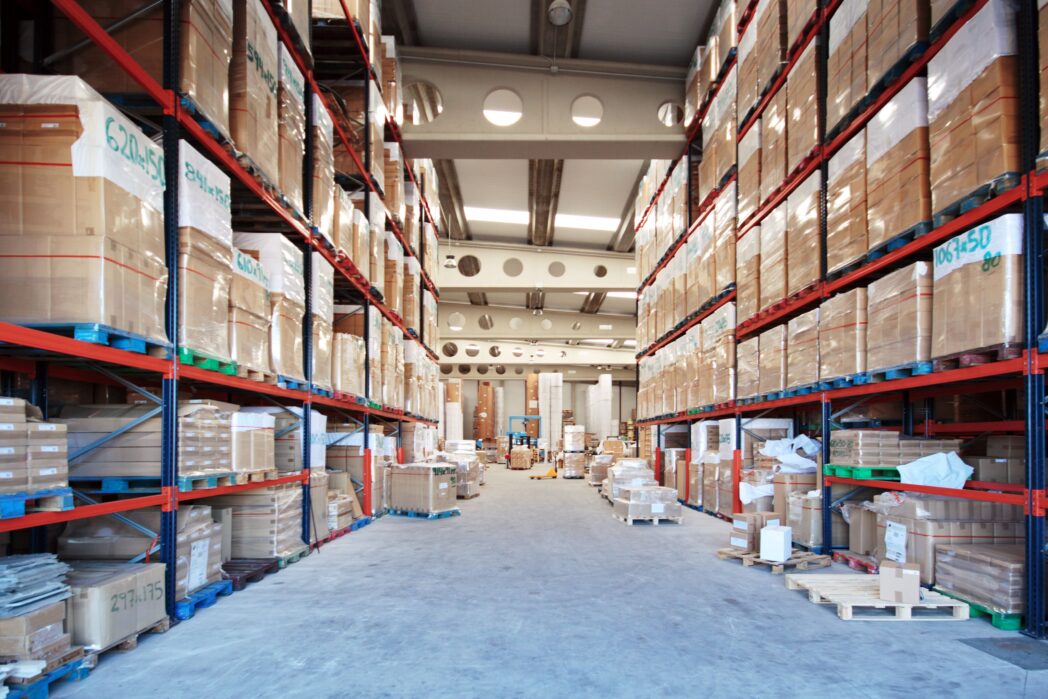Understanding the distinctions and strategic applications of Bonded Warehouses (BWs) and Foreign Trade Zones (FTZs) is crucial for businesses engaged in international trade. While they share similarities, key differences can significantly impact the operational and financial aspects of trade.
What is a Bonded Warehouse?
A bonded warehouse is a secure area authorized by customs where imported goods can be stored, manipulated, or undergo manufacturing operations without immediate duty payment. These goods can remain for up to five years, offering a strategic advantage for long-term storage and deferral of duties.
Key Points
- Duty deferment for up to five years.
- Regulated within U.S. Customs territory.
- Allows for storage and specific operations on goods.
Bonded Warehouse vs. FTZ: The Differences
Both BWs and FTZs allow for the deferral and potential elimination of duties, but they differ in several respects:
Duration of Storage: BWs have a five-year limit; FTZs offer unlimited storage.
Duty Elimination: Both can eliminate duties, but FTZs offer additional benefits like the weekly entry program.
Operations: Both allow manufacturing; however, BWs often don’t apply for the manufacturing classification needed, making FTZs a more common choice for manufacturing activities.
Weekly Entry Benefit: Exclusive to FTZs, allowing for consolidated weekly customs entries, which can result in significant savings.
Strategic Application for Importers and Exporters
Bonded warehouses offer several strategic advantages:
Cash Flow Management: Defer duty payments until goods enter the domestic market.
Forced Labor Actions: BWs can assist companies in navigating forced labor actions, which is not permissible in FTZs.
Pros and Cons: Bonded Warehouses vs. FTZs
Pros of a Bonded Warehouse
Bonded warehouses offer a unique advantage in terms of storage duration, allowing goods to be stored for up to five years. This extended timeframe can be particularly beneficial for businesses that handle products with longer shelf lives or those awaiting market conditions to become favorable. The simplified duty deferment process is another significant benefit. By deferring duty payments until goods are withdrawn for domestic consumption, businesses can manage their cash flows more efficiently. This is especially advantageous for importers who might experience delays in selling their products in the domestic market.
- Extended storage duration for long-term planning.
- Ability to navigate forced labor actions.
Cons of a Bonded Warehouse
While bonded warehouses provide several benefits, they come with certain limitations. Primarily, their use is restricted to storage and specific operations, making them less versatile than FTZs, which allow for a broader range of activities, including manufacturing. This limitation can be a hindrance for businesses looking to perform extensive value-added activities on their imported goods. Additionally, while duties are deferred, they are inevitable for goods meant for the domestic market. In contrast, goods in FTZs that are re-exported never incur duties, providing a potential cost-saving advantage.
- Limited to storage and specific operations, less versatile than FTZs.
- Lack of weekly entry benefits found in FTZs.
ITC Diligence International, Inc.: Your Partner in Navigating Bonded Warehouses
ITC Diligence International, Inc. provides expert guidance in utilizing bonded warehouses and FTZs to their fullest potential. With over 30 years of experience, they ensure businesses benefit from these facilities while remaining compliant with regulations.
How ITC Diligence International, Inc. Can Assist:
Expert Guidance: Offering insights into the best practices for utilizing bonded warehouses effectively.
Regulatory Compliance: Ensuring that businesses adhere to all customs regulations related to bonded warehouses.
Strategic Planning: Assisting businesses in leveraging bonded warehouses for strategic advantages in international trade.
While bonded warehouses offer significant advantages, it’s crucial to understand their nuances and differences from FTZs. With the right guidance, such as that from ITC Diligence International, Inc., businesses can effectively utilize these facilities to their maximum potential, ensuring smooth and compliant international trade operations. ITC Diligence International, Inc. brings years of expertise and a deep understanding of the global trade landscape, helping businesses navigate the complexities of bonded warehouses and FTZs. If you’re looking to optimize your international trade operations and leverage the benefits of bonded warehouses, reach out to our team of experts at ITC Diligence International, Inc. Let us guide you through the intricacies of global trade, ensuring your business thrives in this dynamic environment.

